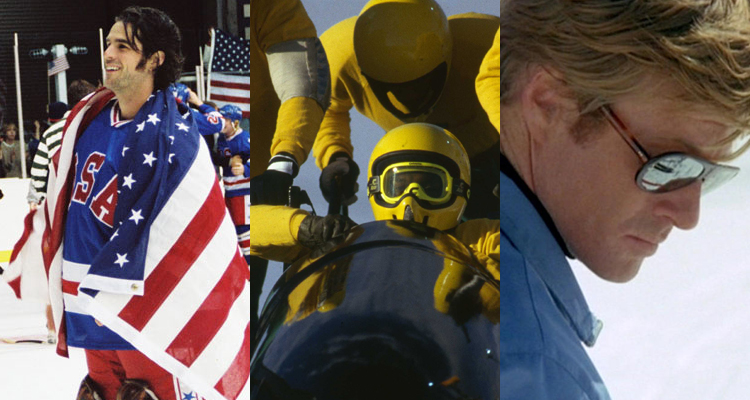The Olympics represent pride, competition, and resilience at its best. Human greatness is exemplified through the various sports. The athletes are pushing the limits and relying on talent and adrenaline to carry them through these momentous events.
To highlight the Olympics and the magnitude of talent that exists, Hollywood has produced a number of fantastic films. The movies highlight the behind-the-scenes events that led up to the big finale by revealing the human element of the Olympic Games. There’s more involved than the lighting of a torch, the proceeding ceremonies, the scores, and the medals—there are stories to tell. These top five best Olympic films allow viewers to feel like they’re part of history and share a snapshot of renowned greatness.
Chariots of Fire (1981)
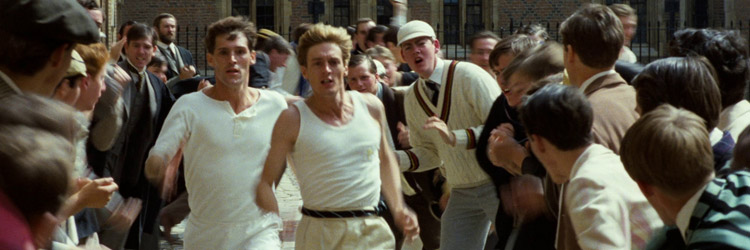
“Chariots of Fire aligns the best of cinema and the ideals of the Olympic movement around a powerful, true story of conviction and calling,” said Erik Lokkesmoe, principal of the film distribution company Different Drummer. The film is a fact-based story that highlights two athletes in the 1924 Olympics—Eric Liddell, played by Ian Charleson, and Harold Abrahams, played by Ben Cross. In 1982, the film was nominated for seven Academy Awards and won four, including best picture and best screenplay. Producer David Puttnam said, “The film was inspired by William Blake’s poem Jerusalem. The poem says, ‘bring me my chariot of fire.’ The popular hymn is heard at the end of the film.” This movie examines an athlete’s struggle between representing his country and remaining true to his beliefs and ideals.
Puttnam wanted viewers to resonate with the drive for greatness and individuality with Chariots of Fire. “My belief is that no movie, nothing in life, leaves people neutral. You either leave them up or you leave them down,” Puttnam said.
Olympia (1936)
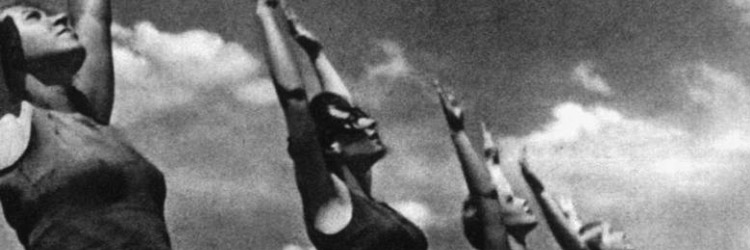
Olympia was the first documentary feature film produced about the Olympics. The main focus of the film was the 1936 Berlin games. When the film released, there was a stream of controversy that followed because it includes three minutes of footage of Adolf Hitler. The film touches the alleged Nazi links in correlation with Riefenstahl. Jesse Owens is also featured in the film as his four-gold-medal wins directly affected Hitler’s Aryan propaganda. On the technical side, Olympia featured the use of pioneering filming techniques, many of which were groundbreaking at the time.
Cool Runnings (1993)
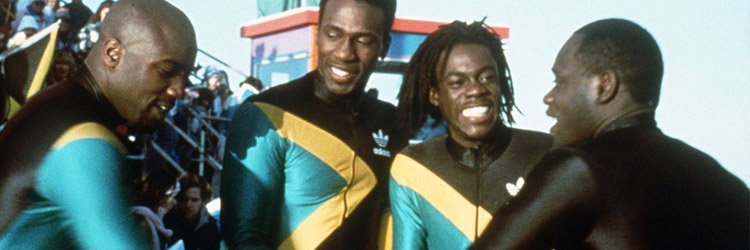
Cool Runnings is based on the Jamaican bobsleigh team at the 1998 Winter Olympics in Calgary, Alberta, Canada. Four Jamaican bobsledders dream of competing in the Winter Olympics, even though they’ve never actually seen snow. With the help of a former champion, played by John Candy, desperate to redeem himself, the Jamaicans set out to become worthy of Olympic selection and risk it all to achieve glory. Director Jon Turteltaub used actual NBC sports footage from the 1988 Olympics in the film to provide a realistic approach and to pay homage to the great athletes who competed.
Miracle (2004)
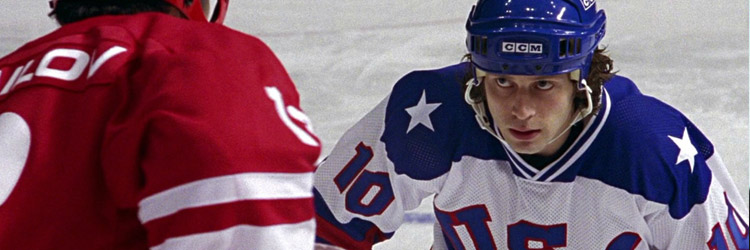
Miracle is a sports documentary based on the 1980 Olympic United States men’s hockey team led by coach Herb Brooks. The team was victorious over the highly favored Soviet team and won the gold medal. Throughout the Olympics, the U.S. team was deemed as the underdogs with no chance of beating the Soviet team.
The casting of the team in Miracle consisted of real hockey players. Director Gavin O’Connor believed that it would be easier to teach hockey players how to act, rather than teach actors how to play hockey. There are a total of 133 different hockey plays in the film. O’Connor and Producer Mark Ciardi wanted the film to mirror accuracy therefore, they consulted with ReelSports Solutions to assist in choreographing practices, plays, equipment, and uniform styles. All of the players in the film went through a six-week training camp to learn the game with the older equipment used in 1980.
Munich (2005)
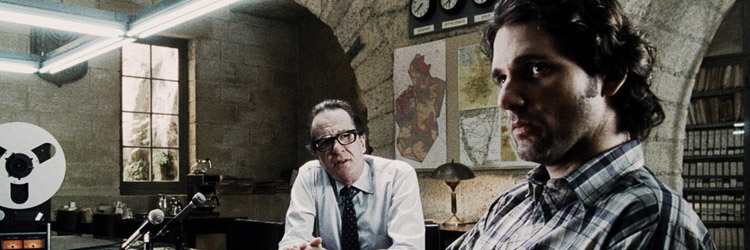
Munich is a Spielberg-depicted epic based on the events during the 1972 Olympics. The film received a lot of backlash from the press and critics because it was a work of fiction that featured many actual events and figures from the era. The film deals with the Israeli government’s secret mission against the Black September terrorist group that was responsible for the horrific massacre of 11 Israeli athletes during the 1972 Olympics.
Although Munich is a work of fiction, the portrayal of actual events and figures during the 1970s is very accurate. Spielberg worked with intel units to make sure the depiction of events and atmospheres were entirely accurate.
Downhill Racer (1969)
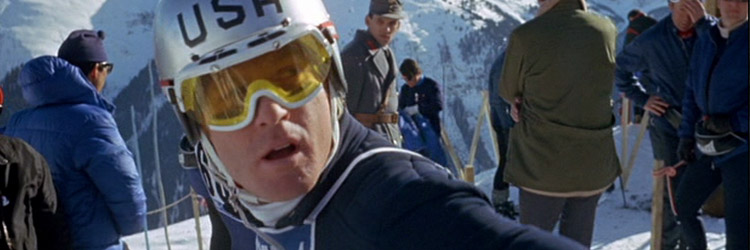
The film Downhill Racer is based on the 1963 novel The Downhill Racers by Oakley Hall. The story follows a talented downhill skier, David Chappellet played by Robert Redford, who joins the United States ski team in Europe to compete in international skiing competitions. Chappellet’s success and dedication cause his coach and teammates to alienate him. Then in the 1968 Winter Olympics in Grenoble, Chappellet wins the gold medal.
The film received critical acclaim for the story it tells outside of the Olympic competition. Roger Ebert famously gave the film four out of four stars saying it was, “the best movie ever made about sports—without really being about sports at all.” Ebert went on to say that the film balanced action sequences with the less than glamorous aspects that can resonate with real athletes.
